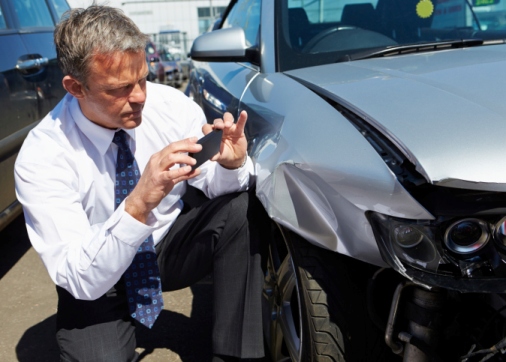Get relevant information from all parties involved. Make sure you get the name, license number and insurance information of (the) other (s) driver (s). Also, get contact information for all passengers or anyone else involved in the accident, including potential witnesses.
Ask the police if there is someone on disability. If you notice any signs of disability (slurred speech, unsteadiness, etc.) note and call witnesses to also take this into account. When the police arrive, ask an officer to make it a breath alcohol analysis or urine to anyone who you suspect is intoxicated or has used drugs.
Write down or record your version of the accident. Any claim will (at least) two versions of the same story. The writing or recording your version immediately, plus the story that you told to police officer, ensure you tell the same story all the time. Be sure to include in your story all the details you can remember, such as weather conditions at the time of the accident, which was damaged (or not), the injuries suffered by those involved, and any other details you remember.
Note the condition of vehicles. Don’t just take note only of the resulting conditions of other vehicles. Check for anything that might have caused the accident, such as defective tires or a heavily loaded car that could have hampered the driver’s vision. Even if the accident is your fault, there are existing factors in other vehicles that could lighten your workload, both legal and financial.
